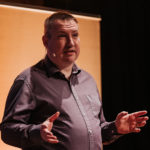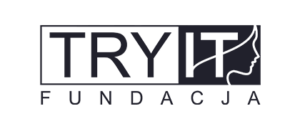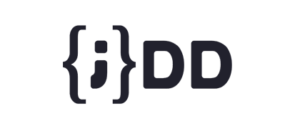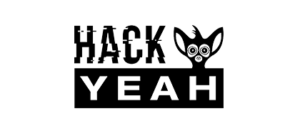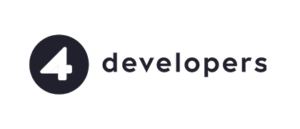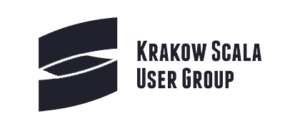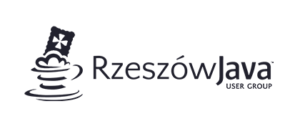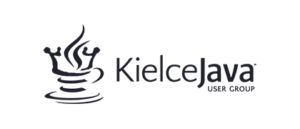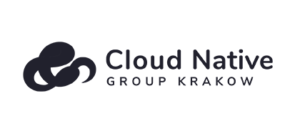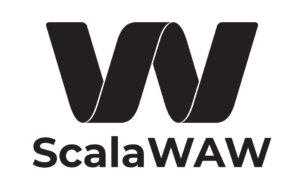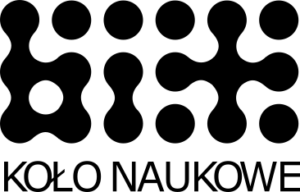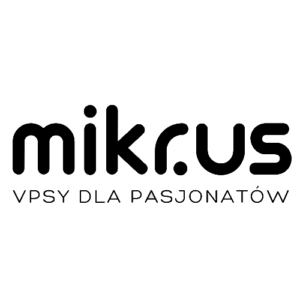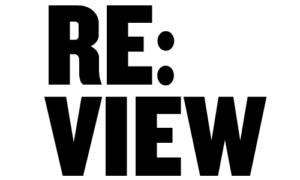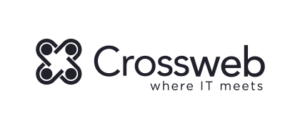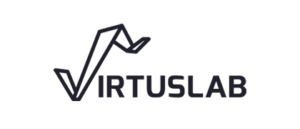The 2022 edition centers on connecting and inspiring. Let’s dive into the latest challenges & opportunities in building modern software systems. Reconnect with tech experts at the 100% offline event hosted in Krakow’s Manggha Museum.
Get ready for an interdisciplinary program delivered by professionals from cloud-native architectures, data engineering & data science, developer tooling, frontend engineering, and UX area.
Conference schedule
Day 1 – Tuesday, 20.09
Recently I’ve made a little experiment trying to create a clone of the Space Invaders game not writing a single line of code. I employed Github Copilot AI to do it. It kind of worked but also filled my head with ideas. How did it work? Will AI take developers’ jobs soon? Are we all doomed?
Tale as old as time: Designers against Developers or Designers with Developers? It depends on communication, product strategy, manager position, and ability of all parties to understand others’ points of view.
This talk was prepared for Developers regardless of seniority position. We will go together through the milestones of the generic development process and will indicate the most prevalent conflict points for the Design-Development process.
Dumping all your code into a single shared monorepository is all the rage. But our tooling is only catching up with the new paradigm.
We’ll go over how large repositories and common patterns in them are breaking long-standing assumptions in IntelliJ IDEA in terms of project model, performance, and user experience. Then we will take a look at our current ideas and approaches to solving these problems in a monorepo world.
The Economic Progression Model proposed by Joseph Pine and James Gilmore depicts the economic development in the Western world as it is happening in front of our eyes. From one stance, you can say that the final stage: transformational experience is the natural end of the proposed progression.
From another stance, though, we may consider it an end to a certain phase of economic progress and an opening to a new perspective – delivering value. Such value goes beyond the monetary gain and encapsulates the broad range of change we want to see in the world. Through my presentation, I would like to invite you to a discussion on how experience design could elevate transformative change through contributions that positively impact the world in the direction we hope for.
Day 2 – Wednesday, 21.09
We will look at people, processes, and tools and elaborate on a success story on how to create a DevSecOps structure in big enterprises that is structured in silos. This talk will give managers, platform owners, and developers hands-on strategic input on how to enhance strong business KPIs that overcome silos and plan-build-run organizations bottom-up through tech and culture.
Multi-threaded concurrency has been a strength of the JVM since Java 1.2, and its implementation in that runtime has been a major driver behind the JVM’s pervasive adoption in modern, highly distributed, high-RPS backend services. Just about everyone who works on the JVM writes software that fundamentally relies on threads, but very few understand how to conceptualize the performance and tuning implications of this deceptively simple construct.
In this talk, we will embark on a journey that takes us from the raw hardware all the way up to effect systems and other high-level userspace abstractions, and along the way, we will discover how threads interact, how asynchronous I/O works (and doesn’t work!), and learn One Weird Trick for dramatically improving tail latencies in almost any I/O bound, high-scale backend service.
Over the recent decade, cloud computing and cloud-native platforms emerged and promised lower costs, less effort and more flexibility. Unfortunately, in practice, it is not so easy. Knowledge short gaps, pitfalls, the complexity of using cloud APIs, and misunderstanding of services and systems cause companies to lose millions of dollars annually. On top of that, the big data world demands more and more software and computing power daily.
Fortunately, there is a method to that madness! Whether you build your own software or use open source or paid systems, there are many efficiency gains that will save tons of money! Sometimes it’s a code optimization, sometimes algorithm adjustment, sometimes system-level operation!
In this talk, Bartek, an open-source maintainer of observability projects like Prometheus and Thanos, author of “Efficient Go” book, and the CNCF TAG Observability Tech Lead, will explain how to notice and uncover efficiency problems effectively thanks to the power of modern cloud-native observability and tooling. The audience will learn pragmatic practices they can do to ensure effective and sustainable optimizations and how to avoid regressions in the future. All to increase the business operational margin and enable more opportunities with more efficient software and systems.
I have recently moved from working in a traditional software development team to being the only software engineer in a research team. Our AI lab is filled with data scientists doing cutting-edge AI research. My role is to support these data scientists by handling their technology needs. The role varies from recommending and applying better engineering practices (vs the world of random unversioned Jupyter notebooks) to exploring how to create graph databases at an internet-scale (10bn+ nodes).
This talk will explore my exciting adventure, my experiences, and my learnings of working in a truly cross-functional team where the other members both speak a different language and think about the world in a fundamentally different way.
Some time ago me and my colleague set out to create our own, typescript-focused react form library. It turned out to be one of the most fun experiences of my career, full of interesting engineering challenges. We ended up creating Atom-based state management, composable value decoders, an alternative Promise implementation, and more – just for the purpose of our project.
This talk will focus on our journey, what we have learned, and the technical details rather than the library itself.
Time series are everywhere in science and business, and the ability to forecast them accurately and efficiently can provide decisive advantages. Darts is an open-source Python library that provides a wide variety of forecasting models and tools under a single and user-friendly API. It emphasizes reducing the experiment cycle duration and improving the ease of using, comparing, and combining different models, from ARIMA to deep learning models.
This talk will give a tour of Darts and some of its main features, such as quick creation and comparison of forecasting models, backtesting, and ML-based models applied to time series forecasting. We will review a few toy examples and see how to address them in a few lines of code.
Our clients don’t know what they need. This happens because no one can foresee the future.
Requirements will evolve and change rapidly over the lifecycle of the project. That’s why we need to constantly refine systems.
We can keep building and discarding prototypes, but it’s extremely costly.
Often we can’t afford to rewrite everything from scratch only because some new domain insights were discovered.
This eventually leads to a mismatched model.
Is there another way?
We can focus on domain only and refine our model through examples, until we find the right conceptual contours (http://ddd.fed.wiki.org/view/welcome-visitors/view/conceptual-contours).
Each such iteration of the model is a kind of experiment challenging the upfront decisions.
During this presentation I’m going to show how you can use example mapping combined with business-oriented TDD to be able to run rapid experiments directly on the domain model, without a need to rewrite the system again.
Speakers
This year’s event will take place at the exceptional Manggha Museum space.
The building’s architects designed the museum as a meeting place for two cultures. This makes it the perfect venue for tech pros from across the globe to network and share their expertise.
The surroundings and talks provide an ideal icebreaker to reunite with the Sphere.it community.



